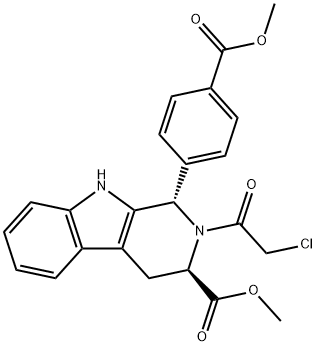[1] WAN SEOK YANG. Regulation of ferroptotic cancer cell death by GPX4.[J]. Cell, 2014: 317-331. DOI:
10.1016/j.cell.2013.12.010[2] VALERIAN E KAGAN. Oxidized arachidonic and adrenic PEs navigate cells to ferroptosis[J]. Nature chemical biology, 2016, 13 1: 81-90. DOI:
10.1038/nchembio.2238[3] SHENGBIAO LI. RSL3 Drives Ferroptosis through NF-κB Pathway Activation and GPX4 Depletion in Glioblastoma.[J]. Oxidative Medicine and Cellular Longevity, 2021: 2915019. DOI:
10.1155/2021/2915019[4] WANG YANGYUN . Everolimus accelerates Erastin and RSL3-induced ferroptosis in renal cell carcinoma[J]. Gene, 2022, 809: Article 145992. DOI:
10.1016/j.gene.2021.145992

